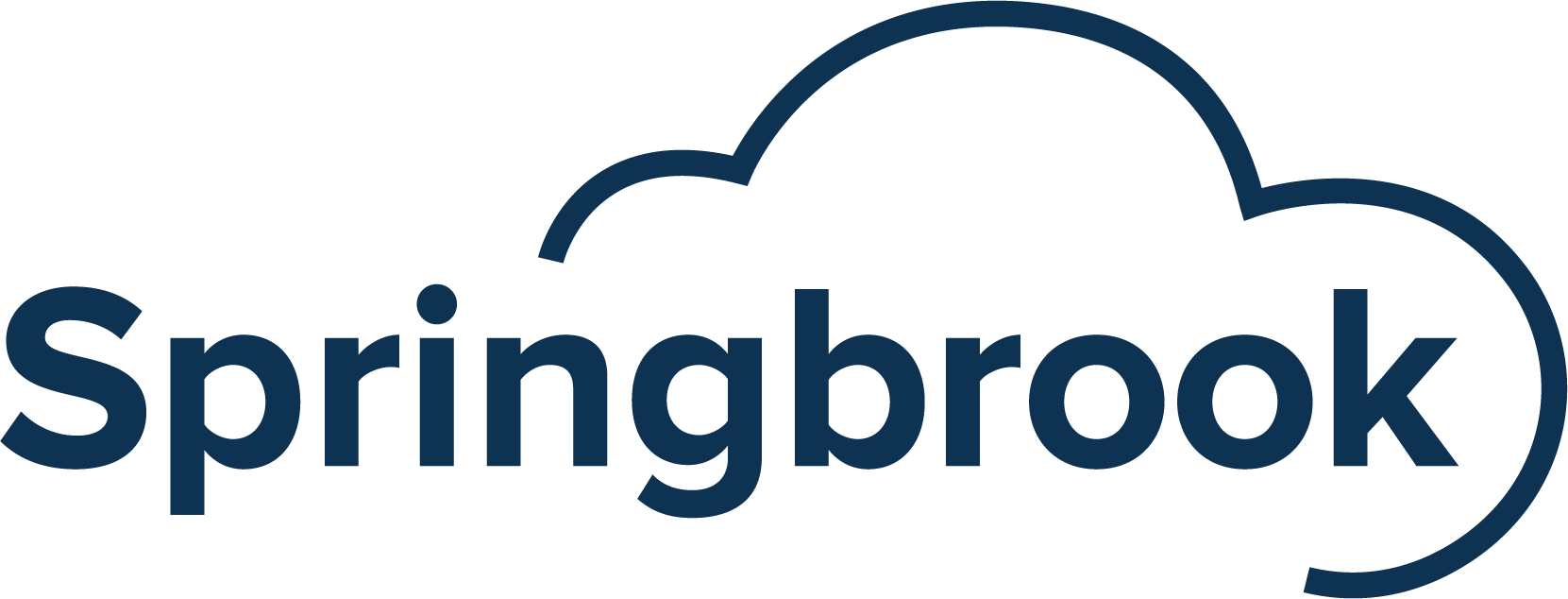A recent Springbrook Research Institute survey revealed that a staggering 98% of over 1000 randomly selected households believe their local government should prioritize the adoption of top-tier user experiences and invest in more robust cybersecurity. Yet, about a third of municipalities continue to rely on technology that is over a decade old, hindering the innovation needed to meet these citizen expectations.
In the latter part of 2023, the Springbrook Research Institute conducted a comprehensive survey aimed at better understanding consumer interactions with government agencies across the United States and uncovered key discrepancies between what citizens want and what local governments deliver.
The study is unique in its focus because it was designed to provide a more impartial and objective assessment of consumer experiences, a departure from previous surveys that relied solely on data obtained from government agencies.
The findings revealed valuable insights into the shortcomings of the online experiences provided by local government agencies and shed light on citizen expectations, paving the way for informed discussions on potential improvements in service delivery.
Here are some of the key takeaways.
Private sector experiences have a significant impact on citizen expectations in the public sector.
There is no doubt that the prevalence of online transactions, mobile device usage, and efficient customer service in the private sector is directly impacting the way individuals expect to engage with local government agencies. The survey revealed that citizens prefer the ease and efficiency of online transactions.
- 65% of respondents made online payments for utilities, submitted service requests through online channels, and utilized mobile devices for these interactions – a 4% increase since 2021.
- For a substantial 71% of surveyed individuals, the ideal method of payment would be online or through an app.
- In contrast, only 15% of respondents are content with paying utilities via mail.
This shift towards digital transactions with government agencies aligns with the broader global movement toward online platforms and mirrors the convenience offered by private sector services.
Current government sites fail to meet citizen expectations.
While citizen expectations are keeping pace with technological innovation, the services offered by most government agencies do not. A substantial 74% of survey responders rated their interactions with local government websites as ranging from somewhat user-unfriendly to not user-friendly at all.
Furthermore, customer satisfaction ratings for state and federal government interactions stand at only 6.5 and 5.6, respectively, on a scale of 1-10. These scores position government services well below experiences with grocery stores, e-commerce platforms, or banking services, highlighting a considerable disparity. These low ratings are also consistent with the results of a 2023 Deloitte Digital citizen survey, revealing that satisfaction with digital government services lags behind the private sector by a whopping 20%.
This high level of dissatisfaction is unsurprising, given the outdated technologies many local government agencies use to deliver essential services. A Springbrook Research Institute study conducted in early 2023 found that 34% of municipalities continue to rely on software solutions more than a decade old.
This significant gap between existing technology and consumer expectations underscores the urgent need for modernization.
Citizens demand easy, efficient online experiences.
To keep up with the high standards set by the private sector, government agencies need to dramatically improve online user experiences.
- A resounding 98% of respondents expressed the need for government agencies to prioritize top-tier user experiences and invest in security measures.
- 34% of individuals surveyed advocate for government agencies to update both the visual and functional aspects of their online customer portals.
- 43% seek easier navigation, emphasizing the importance of intuitive website layouts.
- 42% prioritize better access to data, indicating a desire for more transparent and accessible information.
- 33% advocate for improved payment options to enhance convenience.
- 31% express a preference for a modern look and feel in online interfaces.
These results outline that having an online presence is no longer enough. There is an increased demand not only for aesthetically pleasing interfaces but also for seamless and efficient functionality, including easy site navigation and access to essential information and services with only a few clicks. Citizens expect a comprehensive suite of features, including the flexibility of an optimized portal, easy online customer service, virtual inspections, AI-powered chatbots, as well as omnichannel engagement optimized to seamlessly accommodate various devices, including computers, tablets, and phones.
In addition, self-service options are also becoming increasingly important as users prefer to resolve most issues on their own and only reach out to customer service if they have exhausted all other options. Self-service functionalities can also reduce wait times and mitigate volume spikes in contact centers.
- 85% of individuals turn to Google as their first stop for customer service.
- 81% express a desire for more self-service options.
Only a minimal 5% of respondents express that no improvement is needed, underscoring the widespread consensus for substantial enhancements in government service delivery.
Technology plays a critical role in employee efficiency, satisfaction, and retention.
The technology stack used by municipalities impacts citizen satisfaction both from outside the organization and from within. Outdated processes slow down customer interactions, introduce opportunities for inaccuracies and human errors, and lead to data quality issues. Replacing these technologies with intuitive interfaces and optimized workflows can go a long way in helping staff provide the fast, efficient customer service citizens have come to take for granted in the private sector.
In addition to improving external interactions, user-friendly technology is also a key factor in employee satisfaction, particularly with a modern workforce less willing to work with complicated, outdated, inefficient technologies. Investing in a user-friendly software stack plays a critical role in attracting and keeping talent, particularly as agencies weather workforce shortages, hiring difficulties, and a wave of retirements.
Local governments need to adopt a more holistic approach and understand the 360-degree impact of technology on their organization. Investing in integrated, user-friendly software contributes to improved internal processes, enhanced external interactions, higher citizen satisfaction, increased employee satisfaction, and, ultimately, improved recruitment and retention outcomes.
The Bottom Line: Agencies need to think of citizens as customers.
As the world continues its move towards an increasingly digital landscape, understanding and adapting to these changing expectations is imperative. So, how do agencies move forward from here?
It all starts with a paradigm shift. Acknowledging citizens as customers rather than merely constituents makes it significantly easier to recognize and appreciate their expectations for seamless, convenient, and efficient interactions with government services.
Building seamless customer journeys and empowering frontline government employees are achievable goals, but they require a commitment to innovation and a robust, scalable technology foundation. The driving force for change lies in the business value derived from modernization. Instead of being immersed in the routine tasks of infrastructure management, organizations should pivot their focus towards what matters most – delivering exceptional citizen experiences.


